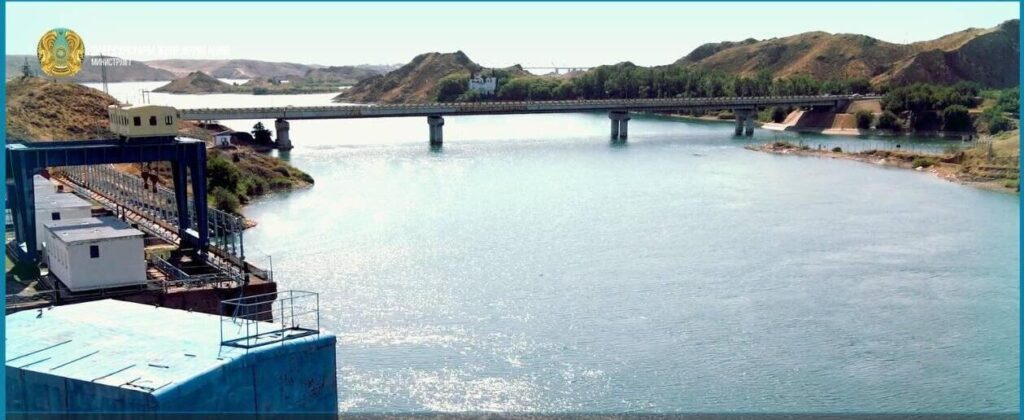Kyrgyzstan Introduces Law on Compulsory Home and Car Insurance
From September 2024, when re-registering cars, owners must provide a contract on compulsory civil liability insurance. The same applies to real estate. The law was adopted eight years ago, but has been delayed under public pressure. According to the State Insurance Organisation (SIO), the introductory amount of car insurance is 1,680 KGS ($20). The final amount will be affected by driving experience, driver age, and engine displacement. The legal department of the State Insurance Organization explained to The Times of Central Asia that a vehicle's insurance policy will be required when it is re-registered with the state authorities. “Employees of the State Insurance Organization are at the places of registration of motor vehicles throughout the country and will issue MTPL insurance policies on the spot. The average amount of MTPL insurance for passenger cars will range from 2,000 to 4,000 KGS ($25-45),” said Ulukbek Nishonov, head of the legal department of the State Insurance Organization. Fifteen private insurance organizations will also insure cars. The law on compulsory car insurance in Kyrgyzstan was adopted more than eight years ago. Nevertheless, no sanctions have been imposed for non-compliance with the law. Most Kyrgyz motorists considered compulsory insurance a “waste of money.” Now, the authorities have figured out how to force everyone to insure their cars, even those without insurance policies or car registration. At the same time, ordinary citizens will not be fined for the lack of insurance. Officials claim that compulsory insurance is a social project. It is worth noting that the law on compulsory real estate insurance also came into force on August 26, 2024. Here, just as in the case of car insurance, citizens will be obliged to insure their property against fire and natural disasters only when re-registering housing. In other cases, it can be done voluntarily. At the same time, the state holds a monopoly on residential property insurance.

